Waifuism is a fairly recent development in otaku culture. Google records the first significant appearance of the word waifu in November 2007 (Google Trends, n.d.). The oldest entry for mai waifu appears in the Urban Dictionary in April 2, 2007. However, waifu has a longer history outside of otaku culture.
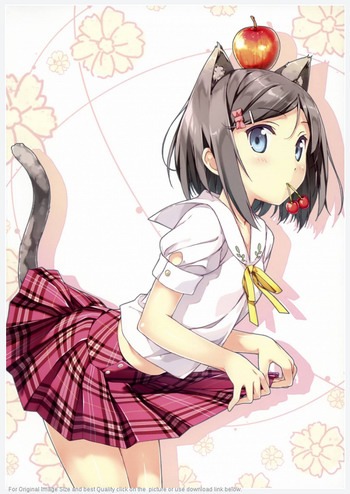
Waifu is an English loanword that appeared in the Japanese lexicon around the early 1980s. Dynamics between husband and wife continued to change in ways that made the tradition way of referring to a woman as a wife offensive to young couples. Kanai, the word for wife that uses two Chinese characters that mean “inside the house” became objectionable for many young women. Likewise, the word for husband, shujin or danna, translate roughly to “master.” Because these words fail to match their relationship, many couples adapted the English words husband and wife. Of course, the words changed slightly in pronunciation. Wife became waifu. Husband became hazu (Stanlaw, 2004; Rebick & Takenade, 2006).
These words were slowly picked up by American anime/manga fans and were used to refer to their favorite fictional characters. The anime Azumanga Daioh is thought to be one of the anime that popularized the use of the word waifu (Waifu, 2010). However, the words were in the Japanese lexicon and used by anime long before this popularization.
The Meaning of Waifu in Otaku Culture

So in any case, a waifu is a fictional character that a person loves. It is a relationship that exists on a spectrum. Some people approach waifuism casually. It is something fun and temporary. On the opposite end are those that take the relationship seriously. They wear a wedding band to symbolize their marriage with their waifu. They attempt to base their decisions on what their waifu would want. She is a real person that can feel disappointment, anger, or hurt (Reddit, 2012).
Characteristics of Waifuism
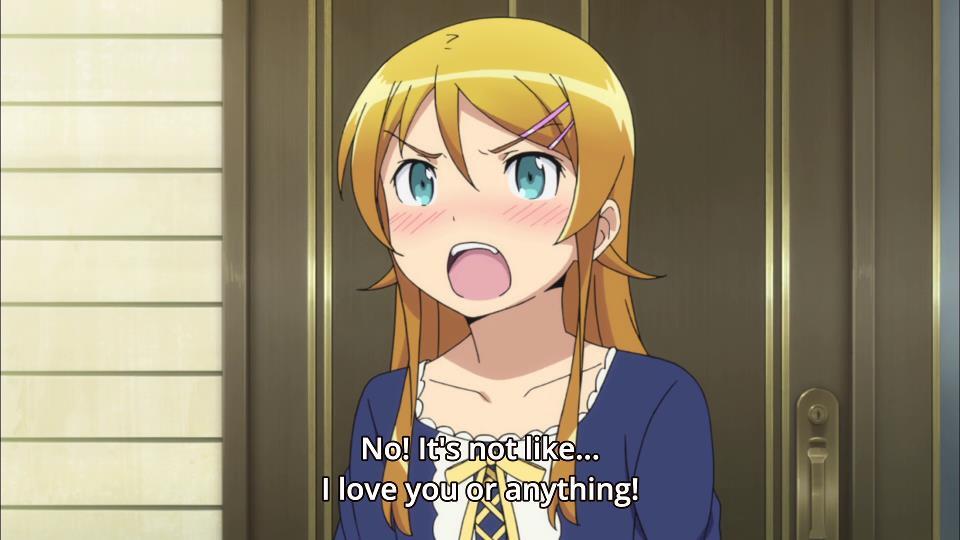
- Waifu relationships involve commitment. (See Note)
- The lover of the waifu knows the character is fictional.
- Sexual aspects of the relationship is an individual decision.
- The waifu’s view is considered when making a decision.
- Having a waifu does not always prevent a real/3D relationship.
- The relationship with a waifu is real.
From what I found on the various waifu communities online, not all people involved with waifus suffer from social anxiety or other social issues. Some waifu lovers are self described asexuals; others are married to 3D women. Certainly, there are some who have problems with delusions; however, most of the waifu community members are aware of loving a fictional character. These characters exist in the realm of ideas and the mind.
Anyway, waifuism is a very real thing. Much in the same way that other people fall in love, so did we. We just happened to fall in love with people who happen to not exist in the real world.
-millhi-biscotti, Reddit 2014
The Sexual Component
From what I gather, waifuism is divided over sex. Some view sex with their waifu has a healthy and necessary part of a marriage. Similar to how sex is viewed in the real, erhm, 3D world. For others, the thought of having sex with their waifu is terrible. Those with young waifus often think this way. Some view sex with anyone else in mind except their waifu as adultery. Yet others, have no issues with having another in mind. It seems to be all over the board and an individual decision or agreement with his waifu.
You do make an important point about not being able to truly interact with a 2D character, and believe me, it’s not like we fool ourselves into thinking we can. We know it, and accept it as an unfortunate truth.
Other Elements of Waifuism
Waifuism is not limited to anime/manga characters. Any fictional character has the potential to become a waifu. Waifu is not really chosen. Rather, it looks to be an emotional event that happens, a resonance with a particular character. Waifuism is not rooted in delusion or anti-social behavior for most people.
Maid cafes can also serve as a possible outlet for social needs. A maid cafe is a restaurant where patrons interact with women dressed as maids and in other costumes. These maids also act in character. These characters are original and not usually that of established anime/manga franchises. It is possible for a patron to fall in love with the fictional character the maid role plays. Maid cafes can be thought of as 2.5 dimensional. They are between the 2D world of Waifuism and the regular 3D world because the maids are living fictional characters. This level of role play fills a social need that pure waifuism may not be able to meet. (Galbraith, 2013).
Psychological Considerations

I am not a psychologist, so take this section with some salt.
For some people waifuism can be a delusion that damages their health. For most people, waifuism is a connection that fills a need that is unable to be found in the 3D world. While some level of projection can happen (That is, projecting one’s own desires as the desires of his waifu), the waifu’s point of view is drawn from the stories she resides. Because modern story telling is a rich medium, a personality can be fully fleshed out. Based on these personalities, a waifu’s reaction to decisions or actions on the part of her husband can be reasonably surmised. This is really no different from what is done by 3D couples with the exception that the transaction is one way. The waifu is unable to return the connection. That is, until AI develops further perhaps.
This one sided connection can be beneficial and detrimental. It prevents a person from straining themselves toward connecting with a messy, contradiction 3D person. Waifu are safe, one sided relationships. It can be beneficial by allowing a person to practice compassion: that is considering another person’s viewpoint and mind (in this case, their waifu). This can help a person associate better with those in the 3D world.
Closing Thoughts
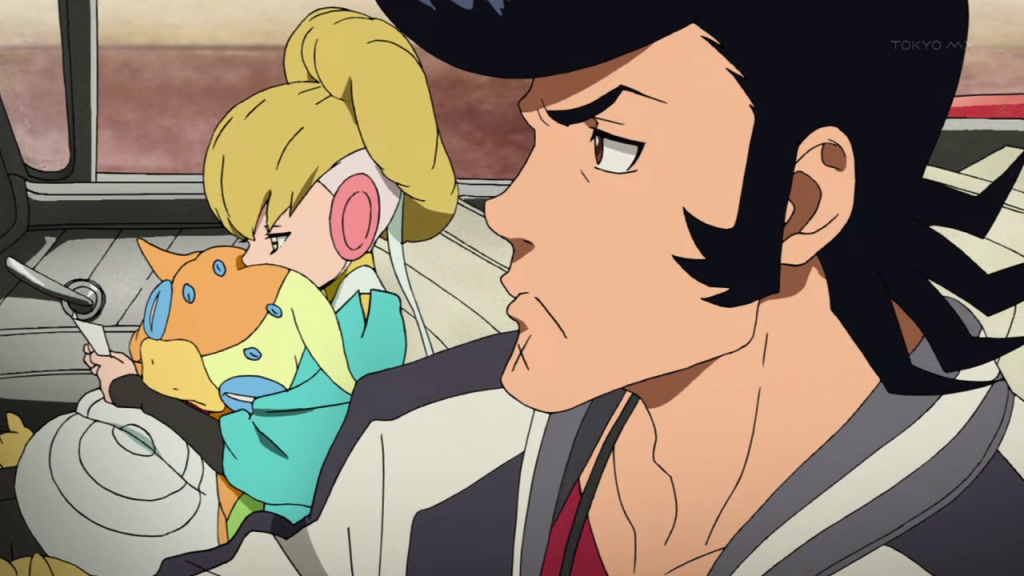
Waifuism is a complex idea that some may find troubling. Waifuism is not rooted in delusion or mental illness. Certainly, there are some people with these issues in the communities, but on the whole people are rational. They simply love and relate to a fictional character. Like all relationships (whether with an idea, a person, or even an object) there are few certainties. Relationships are defined by the personalities involved. Fictional characters do have personalities that can serve as a guide as to how the character would think or behave in situations. Really, this is what authors do when writing. They know the personality of their characters and write how that character would react. Waifu enthusiasts do the same.
Ideas have power. Fictional characters resonate. They can generate feelings of triumph, love, hate, anger, lust, and every human emotion. Much of what we consider human is an idea. Think of the name of a friend, and a mental image of that person will appear. That image is not the person, but our understanding of that person. Waifuism is the same. A waifu is a mental image of a person that happens not to be 3D. The process is identical to what we do with 3D people and relationships. Much of reality is based on interpretation handled in our minds. We can sometimes gum up those mental gears and experience reality in its unadulterated form, but for most of us, this is rare. Waifuism is a result of normal (and not abnormal) workings of our mental machinery.
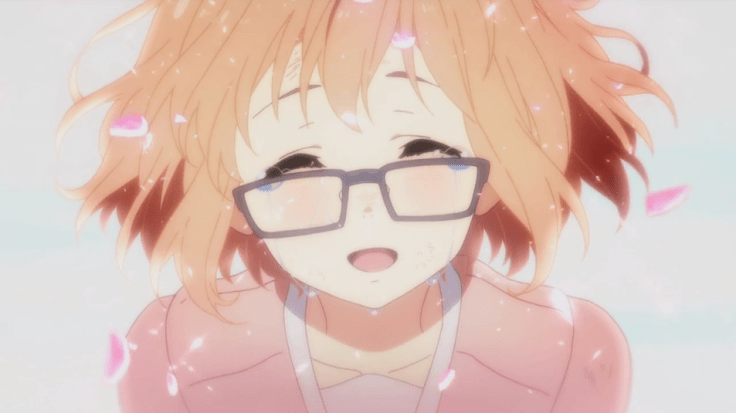
This is a difficult topic to research. There is little solid information. I wrote this article based on various waifu communities I examined. Waifuism is a fluid idea and still evolving. It is an area that deserves serious academic research as to the psychological affects and reasons behind this form of attraction.
So to define the word:
Waifu /wī foo/ (noun). fictional character a person feels affection toward. 2. fictional character considered one’s spouse. 3. Japanese word derived from the English word ‘wife.’
synonyms: husbando, mai waifu
Notes:
Originally, I wrote “Waifu relationships are a monogamous commitment.” I’ve had people tell me how this point contradicts some of the points that follow. At the time, I worked from a limited amount of data, I’ve now seen how monogamy with waifus isn’t a trend in all waifu communities. Although, some think a person should (rather than must) have one waifu. But in either case, the commitment part stands even when a 3D relationship is involved. Waifuism isn’t a fleeting obsession but rather a longer term relationship. My original point showed my bias in how I view commitment: a true committed relationship cannot involve anyone else. At the time, I hadn’t thought about how my bias had slipped into the discussion without marking it as my viewpoint. Hence this correction.
References
Patrick W. Galbraith , Asian Anthropology (2013): Maid cafés: The affect of fictional characters in Akihabara, Japan, Asian Anthropology, DOI: 10.1080/1683478X.2013.854882
Google Trends (n.d.). Waifu, mai waifu. http://www.google.com/trends/explore#q=waifu%2C%20mai%20waifu&cmpt=q
Know Your Meme. (2010). Waifu http://knowyourmeme.com/memes/waifu
Rebick, M & Takenaka, A (2006). The Changing Japanese Family. New York, NY.
Reddit. (2010). Waifus and Waifu News: Answering Questions. http://www.reddit.com/r/Waifu/comments/ygufq/answering_questions/
Reddit. (2014). Waifus and Waifu News: Not meaning to judge here, but I just discovered this subreddit and… are you guys for real? http://www.reddit.com/r/Waifu/comments/29lt3d/not_meaning_to_judge_here_but_i_just_discovered/
Stanlaw, J. (2004). Japanese English: Language and Cultural Contact. Hong Kong University Press.
Surhta. (2007). mai waifu. Urban Dictionary. http://www.urbandictionary.com/define.php?term=mai+waifu
Japanator. (2012) Man takes cardboard waifu on honeymoon. http://www.japanator.com/man-takes-cardboard-waifu-on-honeymoon-in-asia-21717.phtml
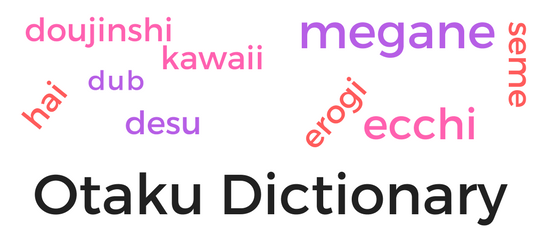
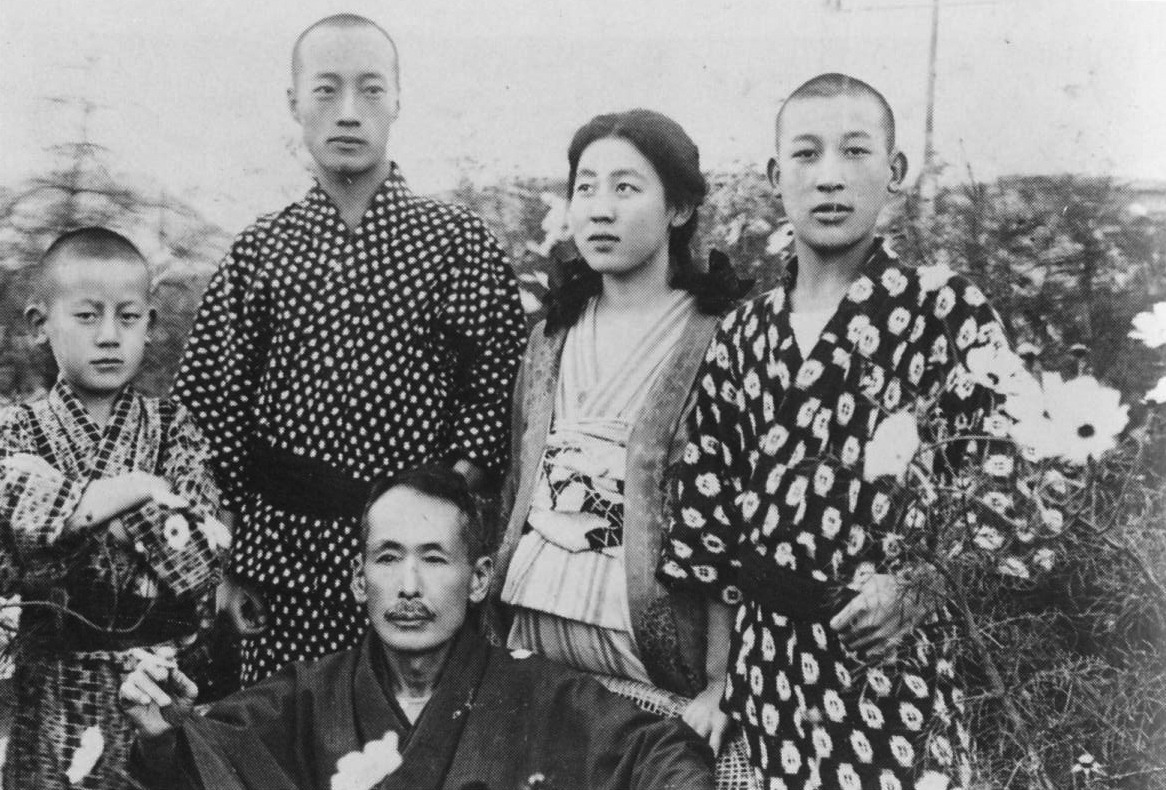
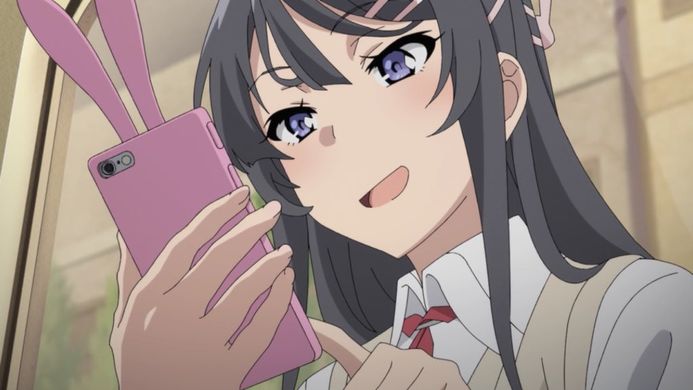
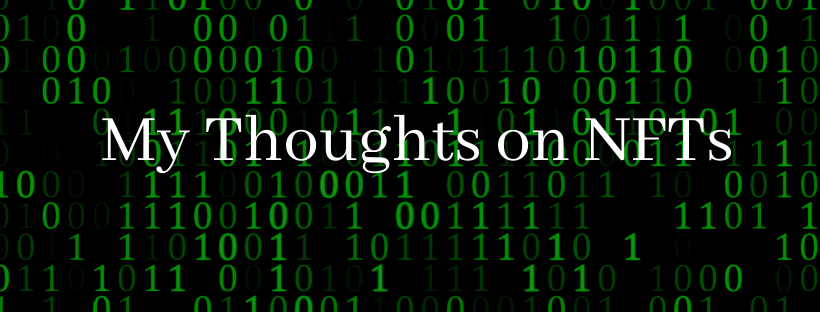
Dang. I’m late to the party but I’m enjoying these articles including how well they are sourced.
Thank you! As you know, I’m still active, so you aren’t late to the party :).
From the closing: “I hadn’t thought about how my bias had leeched into the discussion”
I believe you mean “leaked into the discucssion.”
“Leeched” refers to the blood-sucking buggers, leeches.
“Leached” refers to elements getting removed from rocks or soil by seeping water or other liquids – things leach out, they don’t leach in.
Also, thx for the good explainers on “waifu” and the etymology.
Thanks for the correction. I had meant to use “leached,” which is commonly used in my area to refer to water going into a leach field. I’ve corrected to slipped which is more accurate anyway. Thanks again!
The world is turning into an absolute freak show.
I hope my article shows some of the reasons behind the appeal of fictional characters. Namely, it comes down to the difficulty of connecting to others in modern society.
The Waifu / Husbando this basically used as a completely unserious meme in the Jojo community. Every new season we get a new cast, & old Waifus & Husbandos are cast aside for new ones. Often, male characters will be refereed to as Waifus by male fans to distinguish themselves from female fans. Speedwagon is Best Girl. Narancia is Best Girl. Bruno is Best Jojo Mom. Josuke was the original Girl Jojo. Abbacchio is Big Tiddy Goth Girlfriend. But ALL of them were men.
Jojo does provide and endless source of memes. I can see a gender-neutral term eventually developing. Maybe Waibando or Husfu?
Found that super interesting. I watched the new Blade Runner recently and have been thinking a lot about artificial intelligences created as companions or simulated lovers, and how valid that love is for the AI even though it’s simulated, and how valid it is for the owner of the AI even though the *know* the AI’s love is simulated. This gives me some real world context AND thoughtful insight into otaku culture which I didn’t know much about. So thanks!
I’m glad you enjoyed the article. I’ve thought about the same ideas since I’ve first watched Ghost in the Shell. AI and human emotions create an interesting area to consider–with no easy or clear answers.
Musing on the psychological nature of waifuism:
Barring the possibility of telepathy, it’s not possible to “truly know” a fellow human being. In practice, any relationship involves a mental model of the other person. In most healthy relationships, that mental model is a fairly accurate one, continuously corrected by feedback from (and observation of) the other person. But, it doesn’t have to be, and it’s unfortunately possible for someone to fall in love (or other relationship) with their own image of the other person. Naturally, that’s not likely to be a successful relationship, because eventually either the other person will do things that break the model (“you’re not the person I thought you were”), or the other person will object to being treated inappropriately (“you’re not relating to me, you’re relating to your mistaken image of me”).
The thing is, we don’t actually need to be in the person’s presence to form such a model! There are many examples, some famous, of people who fell in love (or just formed strong friendships) through exchanges of letters, or in modern contexts through E-mail, electronic chat, etc. (I hang out at a fairly well-known blog whose founders met and courted by mail, well before the E-mail era.)
So it shouldn’t be too surprising that we can also form mental models of a fictional character, and in fact routinely do so. A fictional personality may be created by art — but by the same token, art can both make the fiction psychologically plausible, and provide blank spaces for the reader/viewer to fill in for themself. And having formed such a model, a person can then fall in love with it, especially if they don’t have strong relationships in real life.
Well said! Perception, or mental models as you phrase it, determine how we relate to everything. However, it is possible to set aside mental models, if only for a time, as Zen Buddhism teaches and experience life as it is, without labels or conceptualizations. New tentative research on quantum entanglement suggests people can become entangled, that is their state of being can change to match that of the other persons no matter the distance. Of course, neither of these applies to waifuism, which resides purely in the realm of mental models as you suggest.
I agree wholeheartedly. My first experience, with what I feel you are alluding to, occurred when I watched The Dark Crystal in the movie theater back in 1982, as a 5 year old boy. As a young boy I had, what I would call at that time in my life, pretty intense feelings for Kira the female gelfling. The feelings I felt, I feel attributed to the development of what I perceived as love in my adolescent years. After a few years the character faded from my memories as I read more and more and more fantasy and scifi novels with which I felt like I was part of the stories, well as far as a rational human feels like they are part of a story they are enjoying. I learned to take a lot from what I read and allowed it to help me navigate the social structure of adolescent relationships between males and females. I would even catch myself thinking occasionally what would this or that character do in a situation, but it never really went further than that.
The funny thing is that, somewhere in my late teens, I started finding one thing particularly attractive in women. It then took a few years to figure it out, as there was this little thing in my head reminding me that this ‘thing’ was rooted in my past somehow. One day, when I was a freshman in college, something about the movie ended up on my computer screen which included a picture of Kira. A light-bulb instantly went off in my head and I drew a directly line to how Kira’s hair fell around her ears to me liking when a women’s hair would fall to the front and back of the ear thus letting the ear lobe to protrude. Funny as it may sound I still find it alluring when I see this on a women.
Thanks for sharing your experience, David.
Many people act as if having a waifu is something alien, but these same people will turn around and gush about such and such actress, actor, or athlete. The sentiment and attraction are the same. As you point out, sometimes the little elements that create attraction.
It is good and is fun. I can relate to it because I’m an anime fan and an animator myself. But it can be a double edged sword since it can influence one’s own way of thinking, way of life and decision. Thus if one’s waifu is reckless, there is also a tendency for the fan to live a reckless life too. Violent waifus also at times tend to yield violent fans. There are even instances when fans commit suicides when their waifu character died in the series. Like in the case of the Itachi Uchiha character in Naruto.
Waifuism, much like anything, can be taken to unhealthy extremes. Every community attracts people who may be a little unbalanced. Those with violent waifus may look for an excuse for their own violent urges, for example.
Yes, I agree it may not be waifuism that may be a problem per se. I think it’s also the media itself can be the factor. If contents of the story telling is not substantial enough for the viewers to learn moral values but instead it promotes backward values (violence, crime, theft, etc.), then I guess the media can also be held partially responsible for their crappy content. Knowing for a fact how powerful and influential movies and TV programs in creating impact to its viewers, I’d say the producers are morally liable for their effects on the audience.
This is exactly why I seperate 2d from 3d. I highly disagree aboyt waifus influencing people. My waifu is a very violent tsundere called Louise Françoise and I have yet to feel violent or feel any different behaviour-wise. Im not maso either. Fiction is why i like it.. i love arrogant ladies and tsunderes but irl i feel the opposite and married a nice guy. There are rotten apples everywhere but doubt waifuism is the reason. Same goes for gaming.. some claim ppl will get violent from it or lolis in ecchi poses or more mean you must be pedo as well.. I have yet to see someone becoming pedo cause of lolis or my husband becoming violent from games..
Anime seeks profit, so while the companies should take the high road fans are responsible as well. If fans wouldn’t purchase stories without questionable values, they wouldn’t be as common. The problem with content is how as a producer you can’t control how someone will react to it. A story may inspire someone to speak out against violence or it can inspire someone to commit a violent act. Writers can’t know which effect will happen the most.
Very true. However while stories that are rich of values may even yield negative effects to some few readers, how much more with content that glorifies crime, violence and robberies? While we can’t do anything about how producers create the content of their materials, tho point is they, as writers and producers, knowing the power of media and literature in influencing behaviors and attitudes, just like producers of liquors and cigarettes are morally responsible for the adverse effects of their products to the masses.
I agree on the moral culpability of stories that are purposefully message poor. We need to be careful of censorship. What is offensive or immoral or dangerous can vary. Part of freedom of expression is defending that with which you disagree.
While waifuism itself isn’t the main culprit, I wouldn’t agree that waifus don’t influence the fan in any way. What is a Waifu? It is a character from the story. So it’s part of the story. Without the story there’s no waifu. Stories make a great impact on the society as a whole. While others may not feel affected by the content of the story, let’s face the fact that many people’s attitude are somehow influenced by the content of the story in the movies, books, comics and tv programs. That’s the power of the media. Same thing with games. Good content creates positive impact while crappy content creates negative impact. Same thing with waifus. If waifus can help increase empathy and compassion within people just like literature, it can also create negative impact. So let’s face it. it’s not all positive. There are also negative effects, especially if the waifu is a gloomy character.
It is indeed our right to defend our freedom and I don’t disagree with that. However one should always realize also that with freedom there is always responsibility. One is free to do everything he wants, one can do whatever he does that would benefit him. But that doesn’t take away the fact that our actions, however free we are to do it, however beneficial it is to us, if one doesn’t consider the moral aspect of ones action, then it could result to undesirable outcome. Thus with freedom there is always comes responsibility. We are free to do whatever we want, but we are not free from that outcome that follows.
For accidentally stumbling across this on Google-due to curiosity, of course-I’m surprised I found it. And, thankful as well. Your objective stance is wonderfully placed.
Back on point, I do have a girlfriend(albeit long-distance at this time), this article revealed that Charlotte Dunois from Infinite Stratos is, in fact, my waifu. Of which, I had absolutely no clue of until this point.
Before, the opinion I carried was nothing more than, “I really like this character, her personality is quite amazing!”
It’s frankly, an epiphany that I was dealt by you, and epiphanies are never worthless.
I am pleased the article has helped clarify your understanding of waifuism. I attempted to look at waifuism without the usual bias for or against it. I’m please that you suggest I succeeded.
Hi
I didnt know what waifu means because it makes any sence in my language dictionaries and I was wondered why anime /manga fans use it. Thanks alot for the article its a good article can help me about waifu and husbando meanings and different aspects of waifuism.
I’m glad I could help. The Internet has created many new words. Many are not in dictionaries yet. I remember reading the Internet word “awesomesauce” is being considered for a new dictionary edition. So Internet words like waifu are making it into the official English lexicon.
Im surprised no one posted. I guess I will just add my own waifuism integrated in my life.
Im very much loving tsundere characters especially louise francoise le blanc de la valliere from zero no tsukaima.
Funny thing is, shes not perfect and thats the reason i love her. And in 3d i wouldnt be able to handle her actually cause shes very violent like many tsunderes are but shes pretty extreme but i like her anyways cause shes fictional and OTT.
Im married in real life while i did integrate a small bit of louise by having my dollfie louise there in wedding dress, we didnt have a japanese theme nor ZnT theme 🙂 except for the opening we had the i say yes wedding version in english translation and modified (it was sung differently a bit country themed? Or jazzy? Anyways not upbeat) as the lyrics fit us perfectly.
Id say as long as you realise 2d has boundaries and isnt real and youre still interested in 3d all is good 🙂
Studies have shown literature helps increase empathy and compassion within people. Waifuism can do the same. You make a good point. We are lucky some characters only live in the realm of fantasy. History would be far different otherwise!
I agree with you. Keeping boundaries between 2D and 3D is necessary.